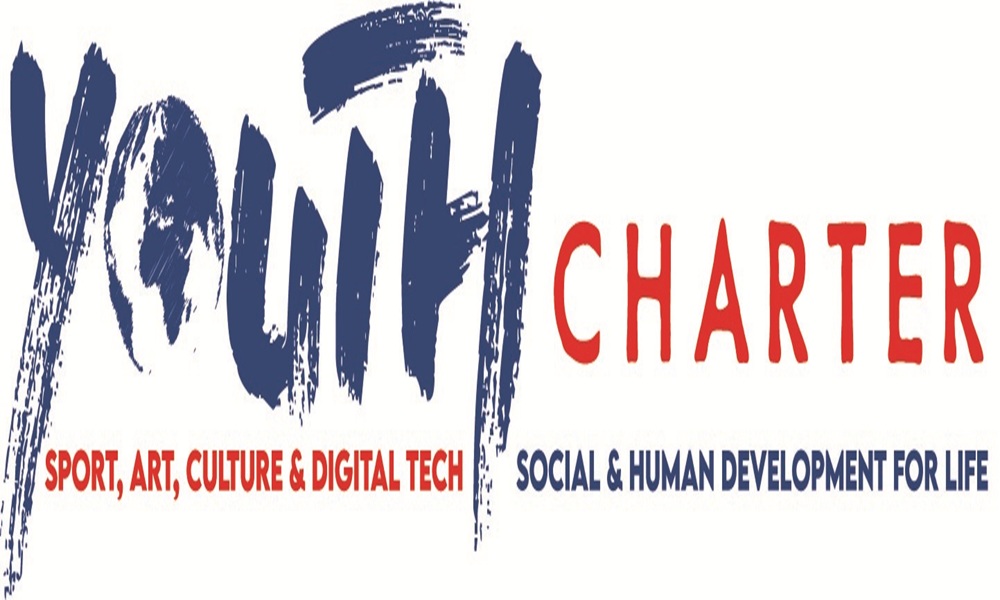The Youth Charter (YC) has announced the Africa-focused expansion of its acclaimed Youth 4 Africa Framework, calling for a new era of holistic, cross-sector youth development across the continent. Building on over 30 years of global experience in Sport for Development and Peace (SDP), the organisation is urging African governments, CAF member associations, Pan-African institutions, NGOs, the private sector, and international development agencies to align sport, education, health, employment, and peacebuilding under a unified strategy to help achieve the United Nations Sustainable Development Goals (SDGs) by 2030.
The announcement coincides with a growing wave of youth-focused initiatives across Africa, including the Tibu Africa–IOM Morocco Africa Cup of Living Together and the CAF x Afreximbank Schools Football Programme, both of which highlight the increasing commitment to using sport as a catalyst for social development, opportunity, and unity.
Speaking on the initiative, Geoff Thompson, Founder and Executive Chair of the Youth Charter, described Africa’s youth as the continent’s greatest asset. He emphasised that unlocking their potential requires moving beyond isolated projects toward an integrated model of community transformation. According to him, linking sport with education, employability, health, and peace can create powerful engines for hope, aspiration, and opportunity.
Read Also: NiCE, iNOVO named lead sponsors for CEM Africa Johannesburg 2025
The Youth 4 Africa Framework builds upon the Youth Charter’s Community Campus Model, an ecosystem that connects sport and physical activity with education, digital skills, health, wellbeing, creative expression, employment pathways, and peacebuilding.
The Youth Charter cited recent African initiatives as evidence of this emerging movement. The Tibu Africa & IOM Morocco “Africa Cup of Living Together” serves as a model for social inclusion, engaging migrant and Moroccan youth through education, leadership, and employability programmes that advance key SDGs. Meanwhile, the CAF x Afreximbank Schools Football Development Programme is creating pathways that connect grassroots football with professional careers in coaching, administration, media, technology, and entrepreneurship.
Together, these efforts demonstrate how sport, when integrated into national development strategies, can strengthen Africa’s human capital, reduce inequality, and promote peaceful, cohesive societies.
The Youth Charter is calling on African and international partners to play active roles in advancing this vision. It urged the African Union to embed holistic sport-for-development frameworks within the Agenda 2063 plan, while encouraging CAF, member associations, and ministries to expand community-based sport ecosystems tied to education and employment. Financial institutions such as Afreximbank and the African Development Bank are being called upon to invest in sport-led youth development and infrastructure. The Charter also urged international organisations including UNDP, UNICEF, IOM, and UNESCO to integrate sport and culture into their youth, peacebuilding, and migration programmes.
“Sport is Africa’s universal language,” Thompson concluded. “If we integrate it with education, skills, and opportunity, we can empower millions of young Africans to become tomorrow’s leaders, entrepreneurs, and peacebuilders.”
